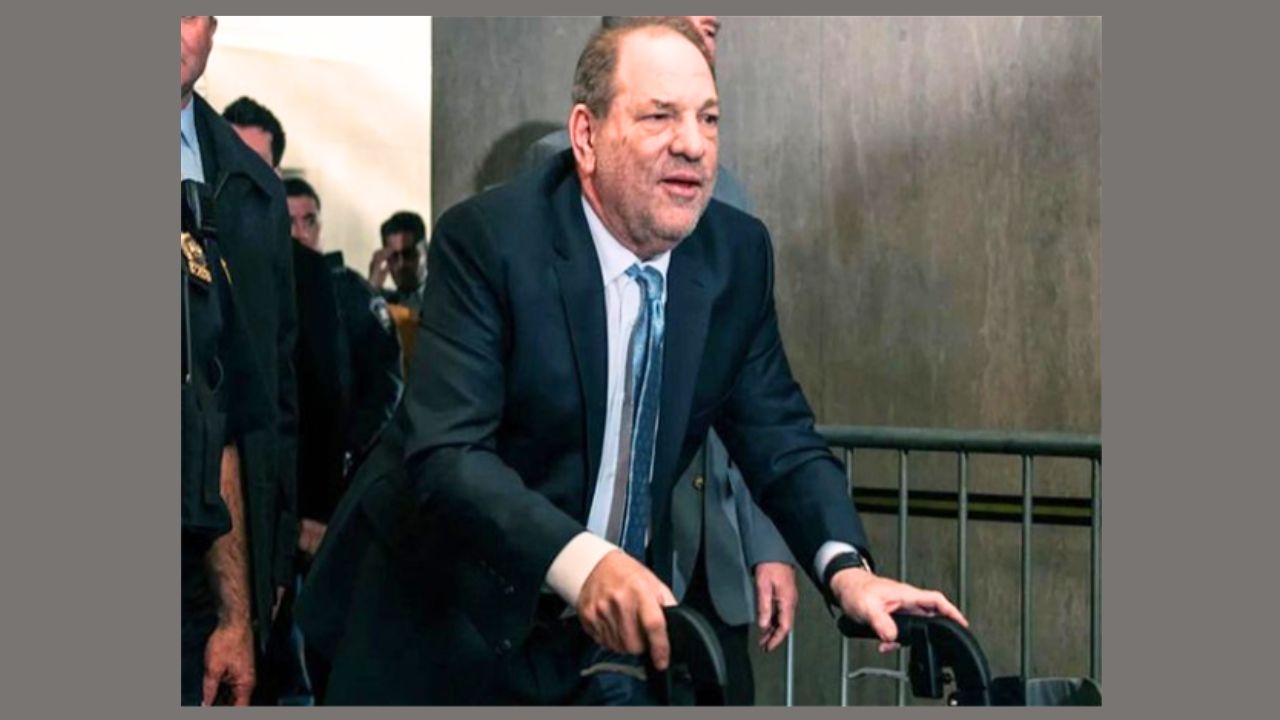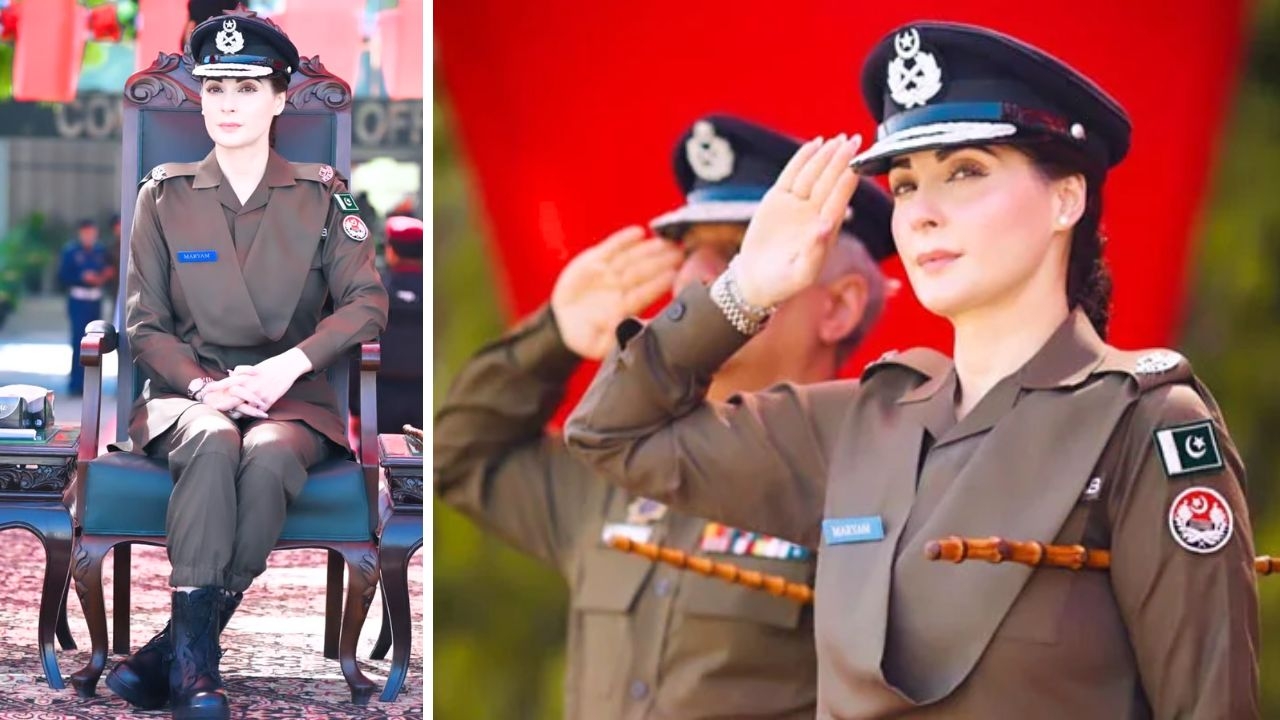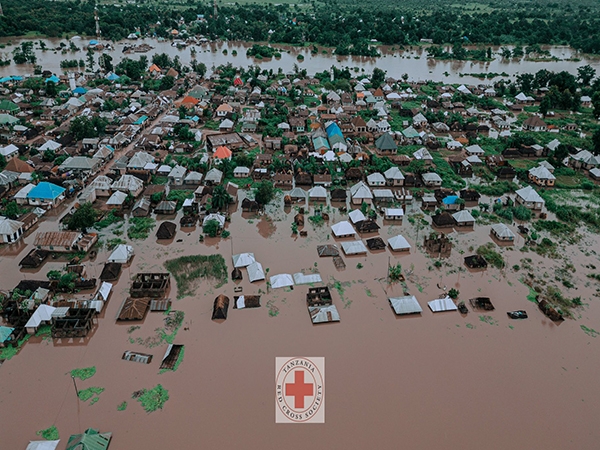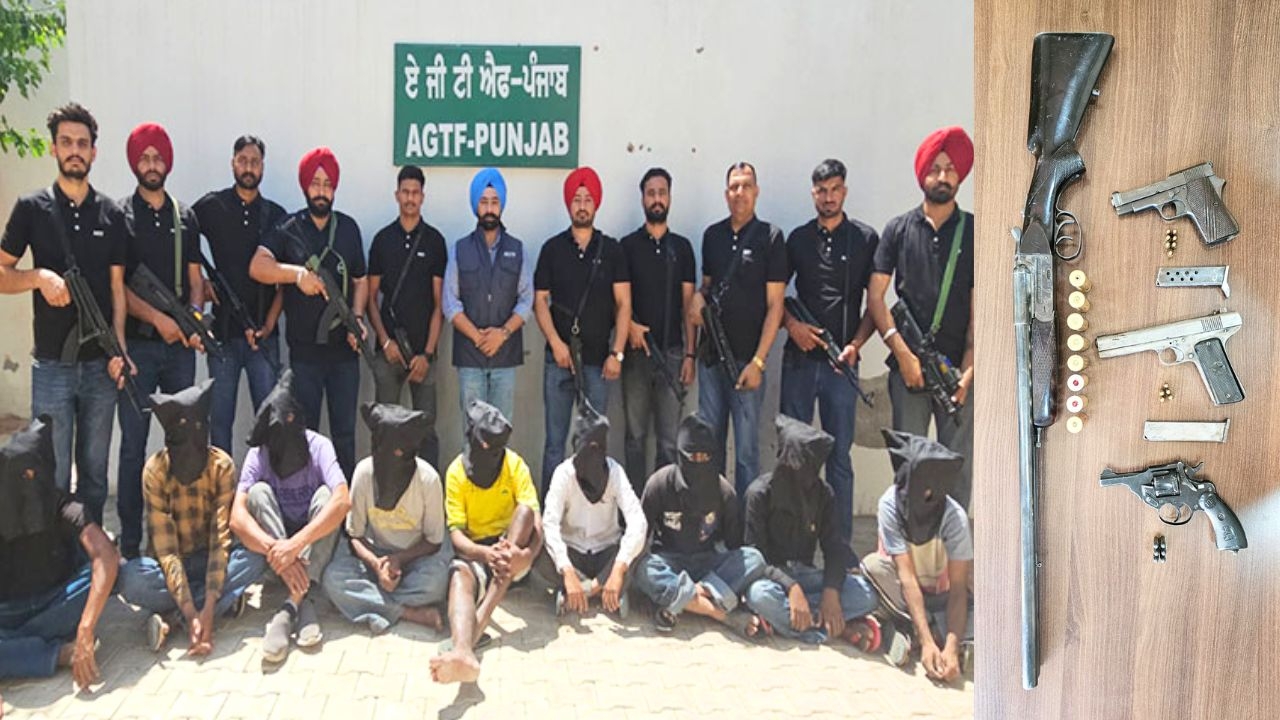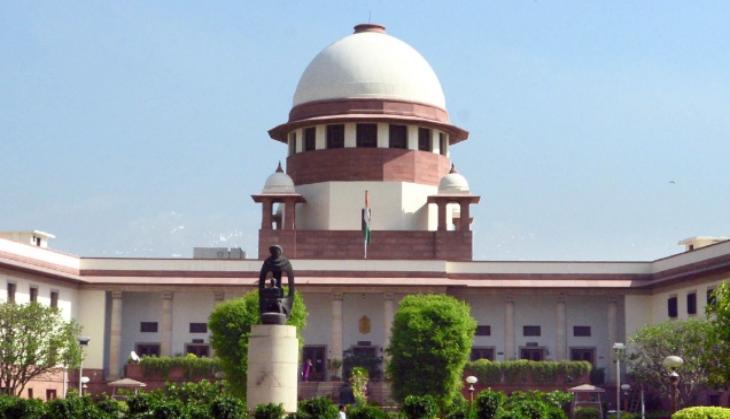
On 3 May, parents of special needs children will know if mental age rather than biological age can be applied to cases where special adults become victims of crimes. Because that is when Supreme Court Justice Dipak Misra will hear the petition of Nirmala, who asks for her daughter's case to be tried under the special law meant for the welfare of a sexual abuse child victim.
Nirmala (name changed) has a 36-year-old daughter with cerebral palsy who was raped in July 2014. Though the woman is 36 years old, her cognitive ability and communication skills are comparable to those of a six-year-old child, according to the Hindustan Times.
Raped by the building's security guard, the special adult was unable to talk about the crime except to mention a 'bad man' who did something to her. After Nirmala confirmed the rape with a medical examination, she filed an FIR against the culprit.
That was when Nirmala realised how "unfriendly" and "insensitive" the legal system in India is towards mentally-challenged people.
Though the court had no provision for a psychologist during trial, Nirmala took one along when her child had to record her statement.
"My daughter was fluent in three languages but lost confidence after the incident," said Nirmala. "Her statement was recorded through an audio-visual and the psychologist translated her narrative to the judge, who refused to record it. He insisted my child speak and asked her to sing a song. My daughter broke down and that led to an adjournment." The judge warned that he would give bail to the accused at the next hearing.
Nirmala has refused to take her daughter back to the court since then. She is now awaiting Justice Misra's hearing of her petition to have her daughter treated at par with child victims of sexual abuse.


![BJP's Kapil Mishra recreates Shankar Mahadevan’s ‘Breathless’ song to highlight Delhi pollution [WATCH] BJP's Kapil Mishra recreates Shankar Mahadevan’s ‘Breathless’ song to highlight Delhi pollution [WATCH]](http://images.catchnews.com/upload/2022/11/03/kapil-mishra_240884_300x172.png)

![Anupam Kher shares pictures of his toned body on 67th birthday [MUST SEE] Anupam Kher shares pictures of his toned body on 67th birthday [MUST SEE]](http://images.catchnews.com/upload/2022/03/07/Anupam_kher_231145_300x172.jpg)


